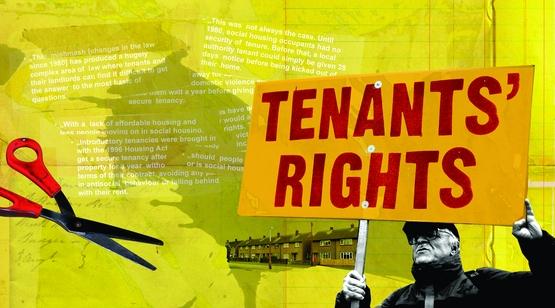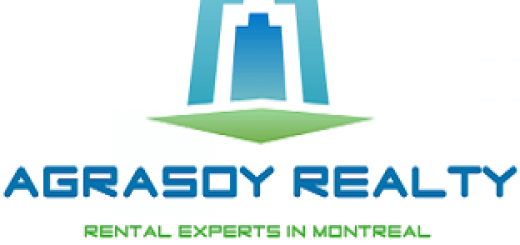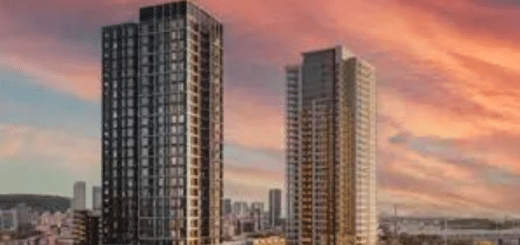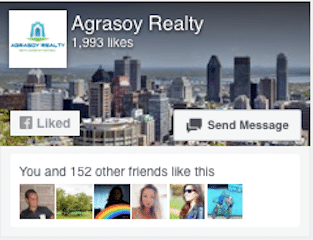KNOW YOUR LEGAL RIGHTS AS A TENANT IN CANADA
In searching for the perfect home, here is what you need answers to first:
· What is your budget range?
· How many bedrooms will you need?
· What neighborhoods are you searching in?
· What is most important to you? (balcony, near metro, which floor, animal friendly, etc…)
After you’ve considered these main aspects, knowing your rights, as a tenant, is also just as important. Before signing a lease you should also get familiar with your responsibilities as a tenant.
Many times, tenants sign leases without knowing what they are actually signing into.
Signing a lease
In order to rent a property, you and the landlord sign a written rental agreement, also known as a lease. Most leases lock you into a rental agreement for 12 months.
The lease obligates you to pay full rent for 12 months.
Paying the rent
After you agree on a rental contract (lease), your landlord has 3 options to ask for payment of rent. This is set on a specific date of the month, usually the 1st of each month.
Here are his/her options:
· Cash
· Check
· INTERAC e-transfer
The landlord may ask for post-dated checks, however, this cannot be demanded from the tenant, as it is not conform to the Regie du Logement guidelines.
If you are late with your monthly payment, the landlord can charge the tenant a fee for late payment.
Lease renewals
Rent renewals are sent roughly 6 months after the first lease starts.
The landlord must send you a written letter, approximately 6 months before the end of your current lease, to ask if you are willing to renew your lease for an extra 12 months.
If you do not respond in WRITING to this lease renewal, you will be AUTIMATICALLY RENEWED for the following year.
Please let’s make this clear; if you do not respond to this renewal notice, it will be given, by law, that you agree to renew your lease.
Rent increases
Rent increase will occur every 12 months, if necessary.
3% increase is the norm.
In Quebec, the landlord must send the rent increase notice to the tenant between 6 months before the end of the lease.
Security deposits
In Quebec, the landlord is not allowed to ask for a security or damage deposit. They are also not allowed to ask for the last month’s rent.
The tenant, however, can offer to pay a deposit or several months’ rent to increase their chances to lock down a unit.
Delivery of keys
Your landlord must give you one complete set of keys without charging you a fee. If you need any extra keys, or you lose a key and need a replacement, you may be charged. But it’s not permissible for the landlord to ask for “key money” that is more than the cost to replace the keys.
Repairs and maintenance
Most regular building repairs and maintenance are the responsibility of the landlord, or sometimes the superintendent (often found in larger buildings). Your landlord is also responsible for anything that comes with the apartment and is included in your rent, such as the fridge and stove, laundry facilities, heat, included furniture, storage sheds and garages, if the door needs repair then you can contact the garege door repair company in Surrey. According to the law, a landlord must keep a place healthy, safe and suitable for occupation.
As a tenant, you have to keep your place clean and notify the landlord of any repairs that need to be done, or of any other problems such as mice, cockroaches or bedbugs. If something breaks down in your rental unit and it is not your fault, you should tell the landlord and ask that it be fixed. You cannot withhold rent if you’re having trouble getting the landlord to fix the problem.
While you’re not responsible for reasonable wear and tear, such as the wearing out of carpets with normal use, you are responsible for any damage you (or your guests) do even if it is an accident.
Renovation requests
If you want to make some improvements to your place, like painting walls or replacing old carpet, ask your landlord and get written consent. If you make changes without permission, you might have to pay for new paint or carpet later.
Eviction notice
If the landlord wants you to move out and evicts you, it has to be for certain reasons and it must be done according to the rules. A landlord cannot evict you for refusing to renew your lease or for having visitors. It is also illegal for a landlord to put your belongings on the street or to change the locks and refuse you entry. But do not ignore an eviction notice.
For more information please contact us at (514) 476-7281 or send us an email at info@agrasoyrealty.com








